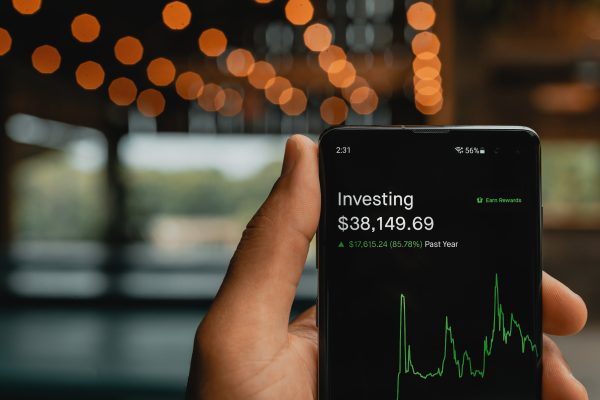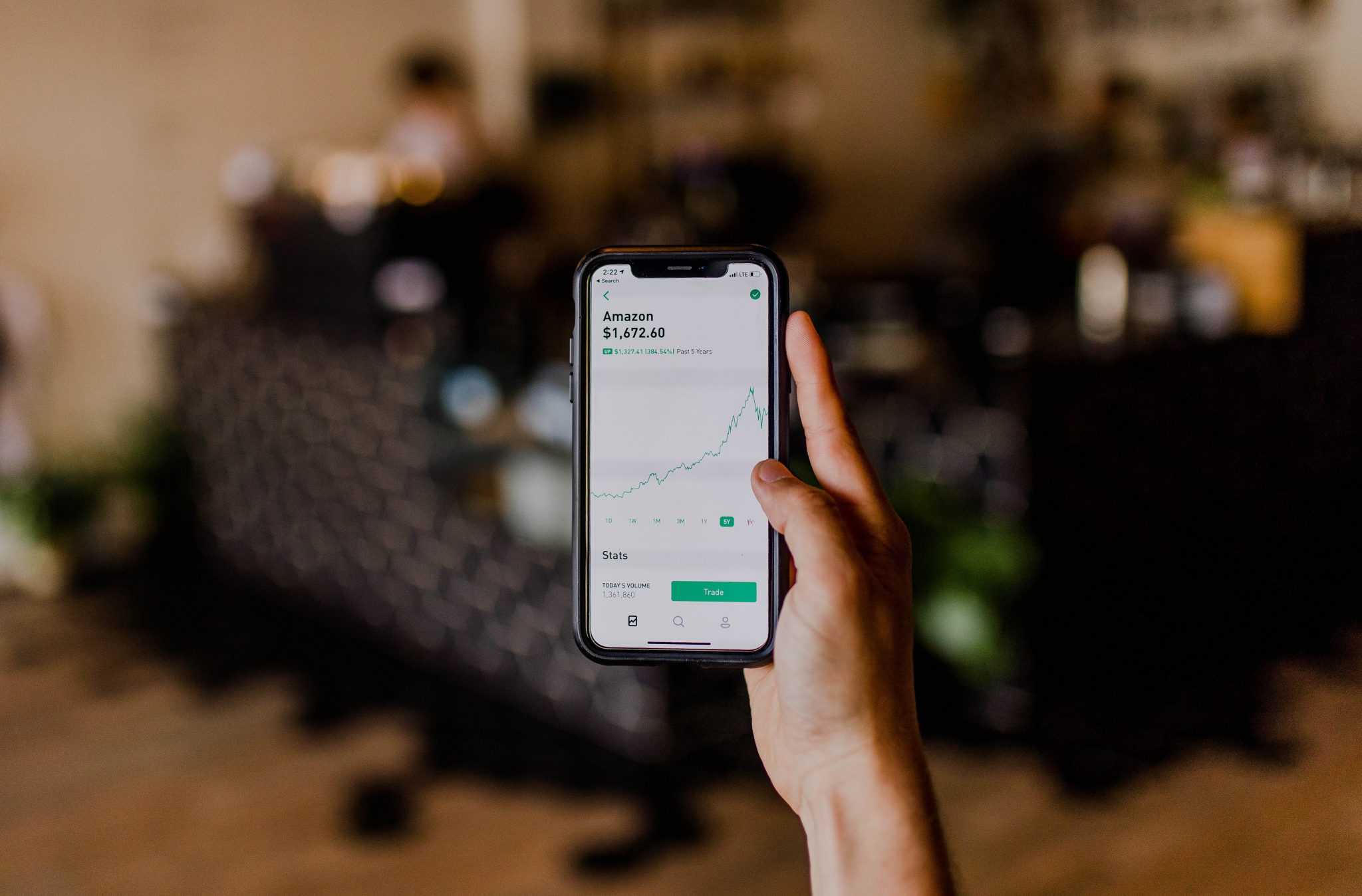
Stock Market Rally: What does it mean for your portfolio?
21 July 2023 6 min read

5 min read
Published:
Updated:

Mohsin Patel
Co-founder
What is an ETF and does it have a place as a sharia-compliant Islamic investment? This was a recent topic of discussion with an old friend so I thought I would pen a few words as I realised we had not really touched on it.
At IFG, we’re big on breaking what seem like complex financial topics into simple language so that you are empowered to make your own decisions and benefit economically. ETFs seem like a foreign world, but they are actually really quite simple.
What an ETF is
It stands for an exchange-traded fund. Let’s break that down from back to front.
The ‘fund’ part of it is simply because it is a collection of money which is managed by a fund manager. The fund manager will make decisions about how to allocate the collective pot of money which all the investors have put in, with the idea being that if the collective whole is successful, your portion of that fund will see a positive return.
The exchange-traded bit of it means that the fund is listed on a stock exchange. This seems a bit confusing at first because one normally associates individual companies being listed, not funds. But funds can and do exist on the stock market, and you can buy them much in the same way as you would buy an individual company. The difference is obviously that you aren’t buying an individual company’s shares when you buy into an ETF, you are buying a portion of the collective fund. If the fund performs successfully, the traded price of the fund will inevitably rise with it, and you will therefore be able to sell you shares of the ETF back to the market at a higher price.
What goes into an ETF?
You will find all types of ETF on the market. For instance, you will find some ETFs specifically focussed on one type of thing – for example, gold. The fund manager will buy into what he or she deems to be good exposure to gold – that might be gold miners, explorers, actual physical gold, etc. Other ETFs might be focussed on ethical investments – they will be investing in companies that fit their criteria of being ethical; some ETFs have small cap exposure, international exposure, etc.
Many ETFs simply track an index. That means that the ETF holds all the companies in the FTSE100, for example, and thus it essentially becomes a tracker of the FTSE100. This is a really good way to track global indices: some ETFs will for example buy a selection of stocks from lots of different parts of the world thus giving you good global exposure. We’ll discuss the sharia-compliance aspect towards the end.
The benefits
The most obvious benefit is that you can choose an ETF based on a macro theme. For instance, let’s say you know you want exposure to commodities, you can simply hone in on ETFs that are focussed on that. You don’t have to worry about picking individual companies and you can leave that down to the expertise of the fund manager.
More than this, because the ETF has a sizeable pot of money, it has investments open to it that won’t be open to you. For instance, a fund manager might invest in unlisted companies, or other types of investments that wouldn’t be open to you as an individual but are open to the fund manager with the money that they have at their disposal and the contacts and networks in which they operate. So buying into an ETF potentially gives you some exposure into areas you would otherwise not be able to access.
A further benefit is that you can leave your investment well alone. This is great for the more passive investors who do not want to be checking stock exchange news every day to keep up to speed with their individual stocks portfolio. You are outsourcing management of your investment to a fund manager and nothing is needed from you.
Lastly, diversification is an obvious benefit to ETFs as well. ETFs will generally hold a good number of assets within the fund so that the bad performance of any single aspect of the ETF will not have too bad an impact on the overall value of the fund.
The drawbacks
There are costs associated with holding an ETF beyond the actual trading cost to buy and sell [read this article for more about trading costs]. The actual administration costs of the ETF are baked into the price so you won’t see that charge directly. What you will have deducted from your account is whatever your broker charges you to hold a fund. This is usually a fraction of a percentage but I suggest you check with your broker what their charges are to hold a fund in your account. This will obviously marginally eat into any profit so it’s important to bear this in mind. The costs associated with holding an ETF rather than individual stocks will generally be higher – but this is a price that you might be willing to pay for the ease and simplicity involved.
Another negative is the diversification. We also have this down as an advantage, but diversification can be bad too depending on what type of investor you are. I argued in this article that diversification is probably not the way to go if you are focussed on pure growth of your portfolio. Thus an ETF, which will be well-diversified, potentially stunts growth.
Are ETFs a halal investment?
Good question. The answer is in two parts.
Conclusion
Sharia-compliant ETFs offer a really useful tool for the investor who does not have the time or appetite to individually analyse stocks. Whilst I am a big proponent of people doing this, I recognise that in our busy lives, we sometimes want to invest and are happy to pay ongoing administration fees into assets which give exposure to something we think will be profitable. For the more hands-on investor, ETFs probably are not your thing but they might also serve as a useful diversification tool within an existing portfolio of stocks. I would personally consider a sharia-compliant ETF to gain exposure to something which I would not be able to myself. For instance, if an ETF invested in halal global companies – something which is very difficult to do cheaply as an individual investor – I would certainly consider this sort of thing later down the line.

21 July 2023 6 min read

15 February 2023 7 min read

10 January 2023 11 min read